Project Name
Volcano HousePosted in
ResidentialLocation
Photographer
Lance GerberProject Team
Harold J. Bissner Jr.| Detailed Information | |||||
|---|---|---|---|---|---|
| Project Name | Volcano House | Posted in | Residential | Location |
Mojave desert CA
United States |
| Photographer | Lance Gerber | Project Team | Harold J. Bissner Jr. | ||
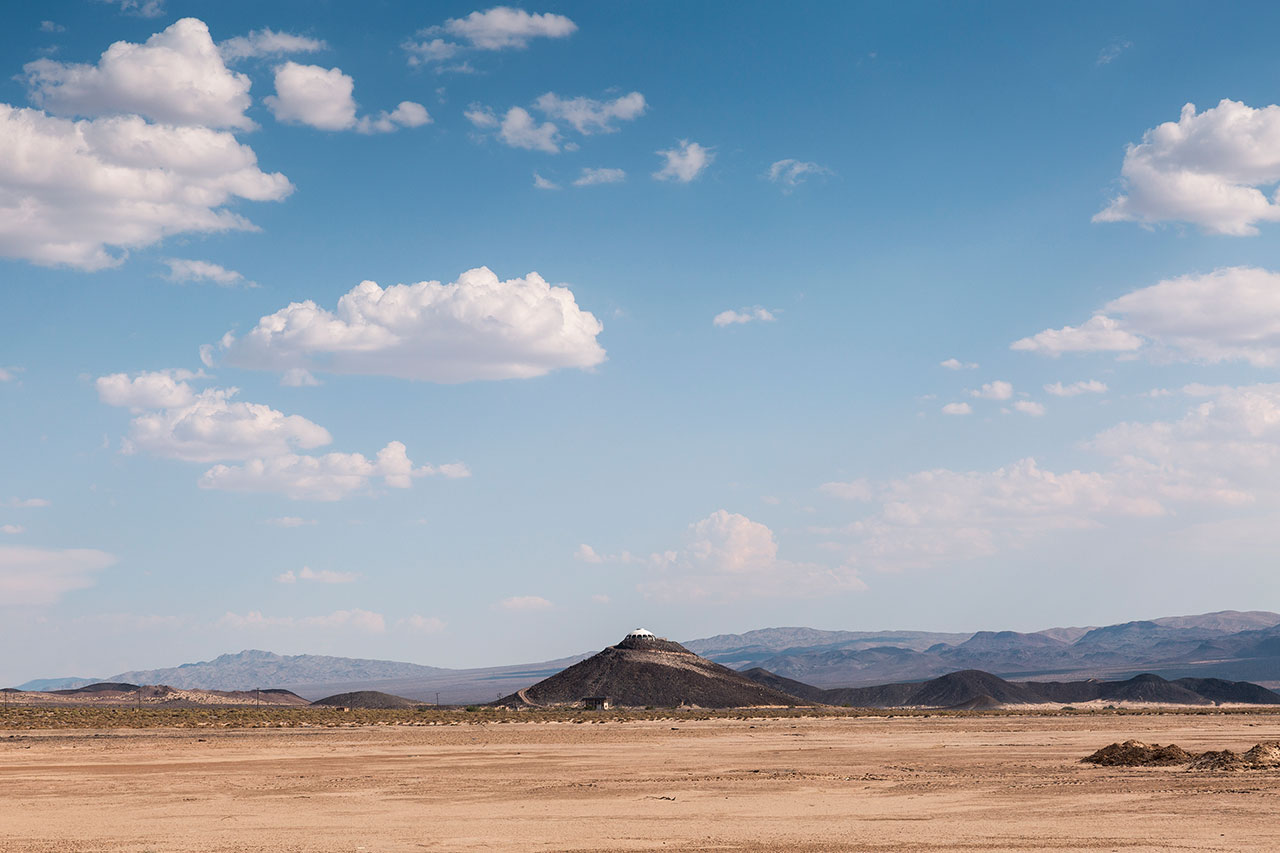
Photo © Lance Gerber.
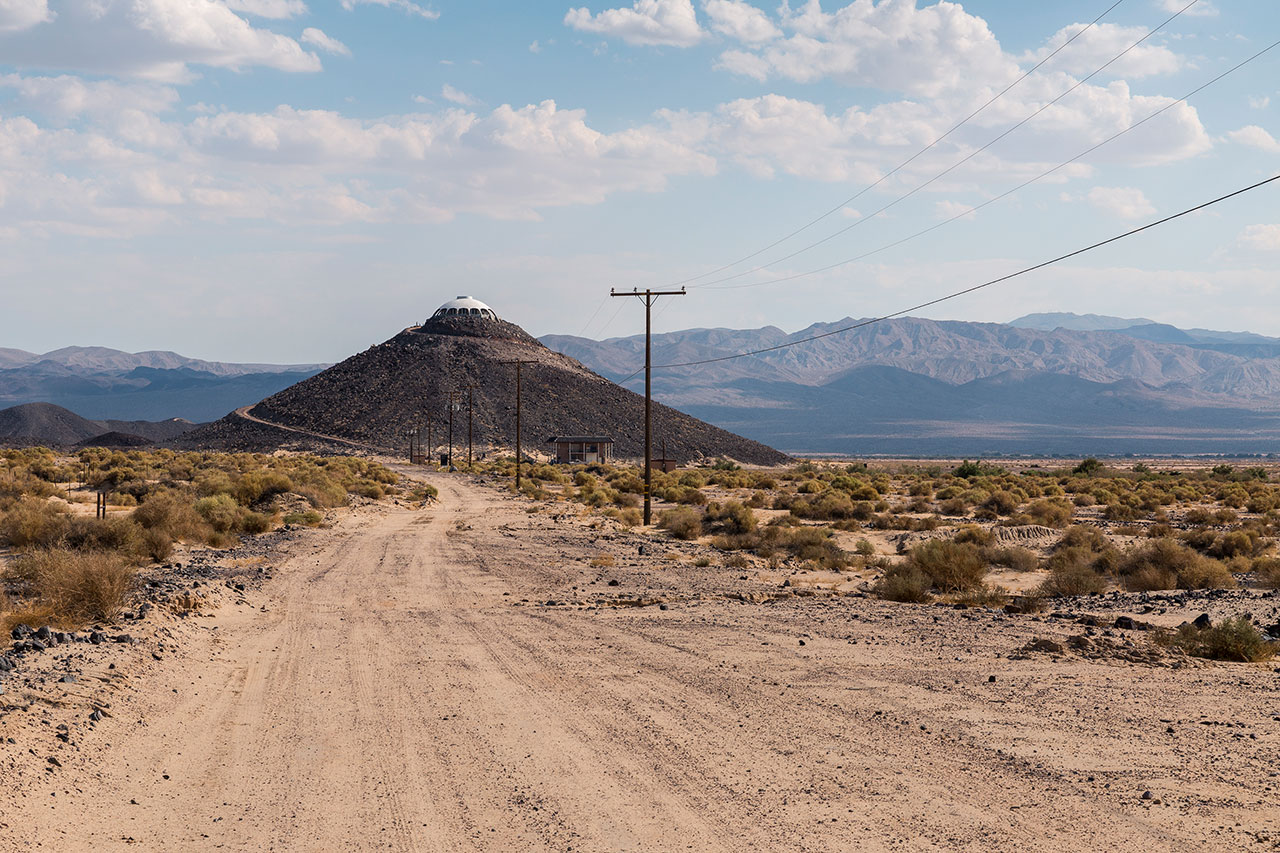
Photo © Lance Gerber.
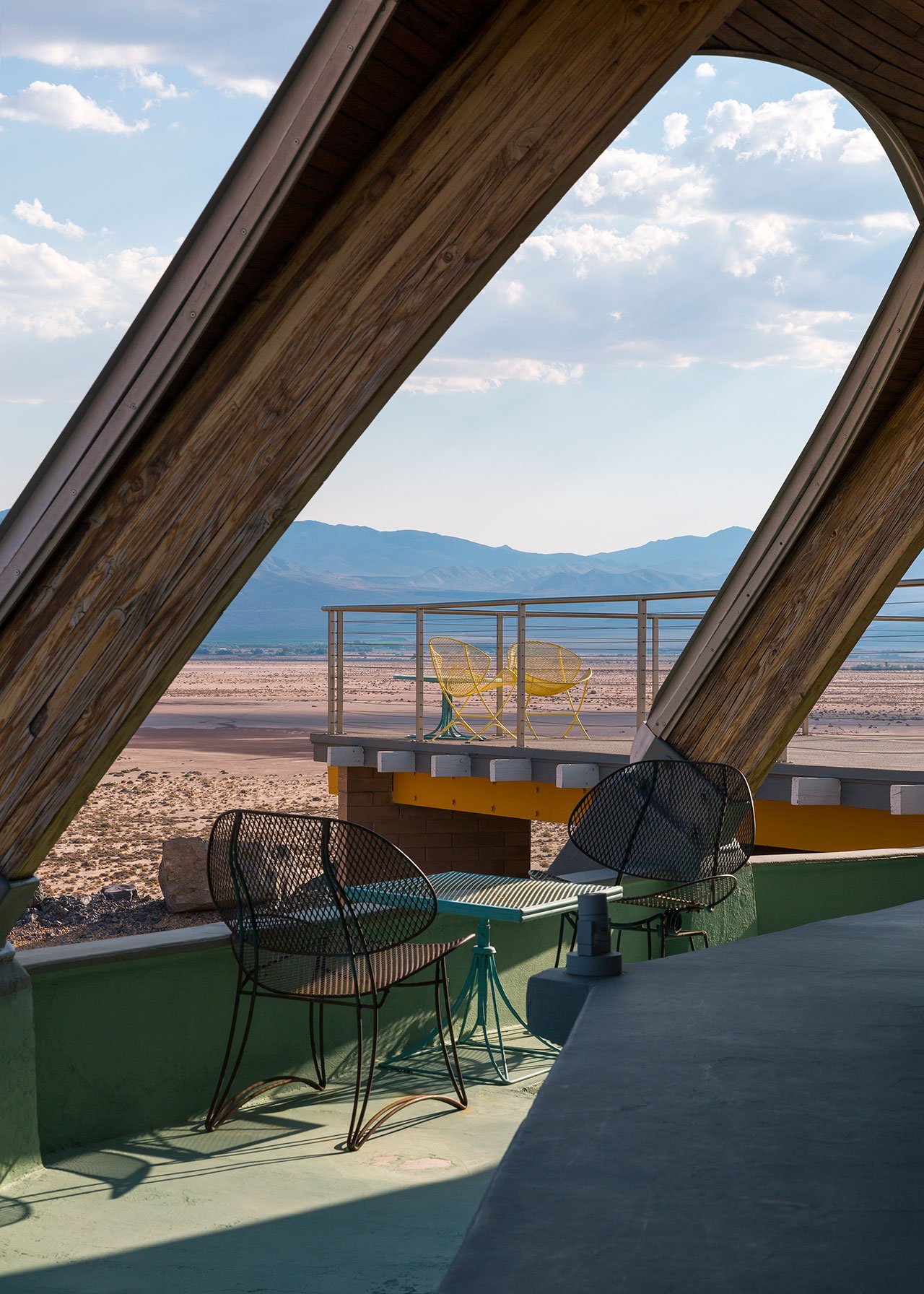
Photo © Lance Gerber.
A proud product of the Atomic Age, the house was designed by Californian architect Harrold Bissner Jr. to resemble a dome-shaped information center of a nuclear generating plant. The remote location, half-way between L.A. and Las Vegas in Newberry Springs, was informed by the owner’s twin passions of trout fishing—the property includes a lake—and astronomy; situated on top of a 50m height dormant volcano with 360 degree views of the desert, it is ideally located to observe the astronomical wonders of the night sky from the observation deck at the dome’s apex. In 2013, the 60 acre property was sold to American television personality, Huell Howser, who later donated it to Chapman University to use in its geological and astronomic studies which turned out to be impractical so it was eventually re-sold in 2015 to an undisclosed buyer.
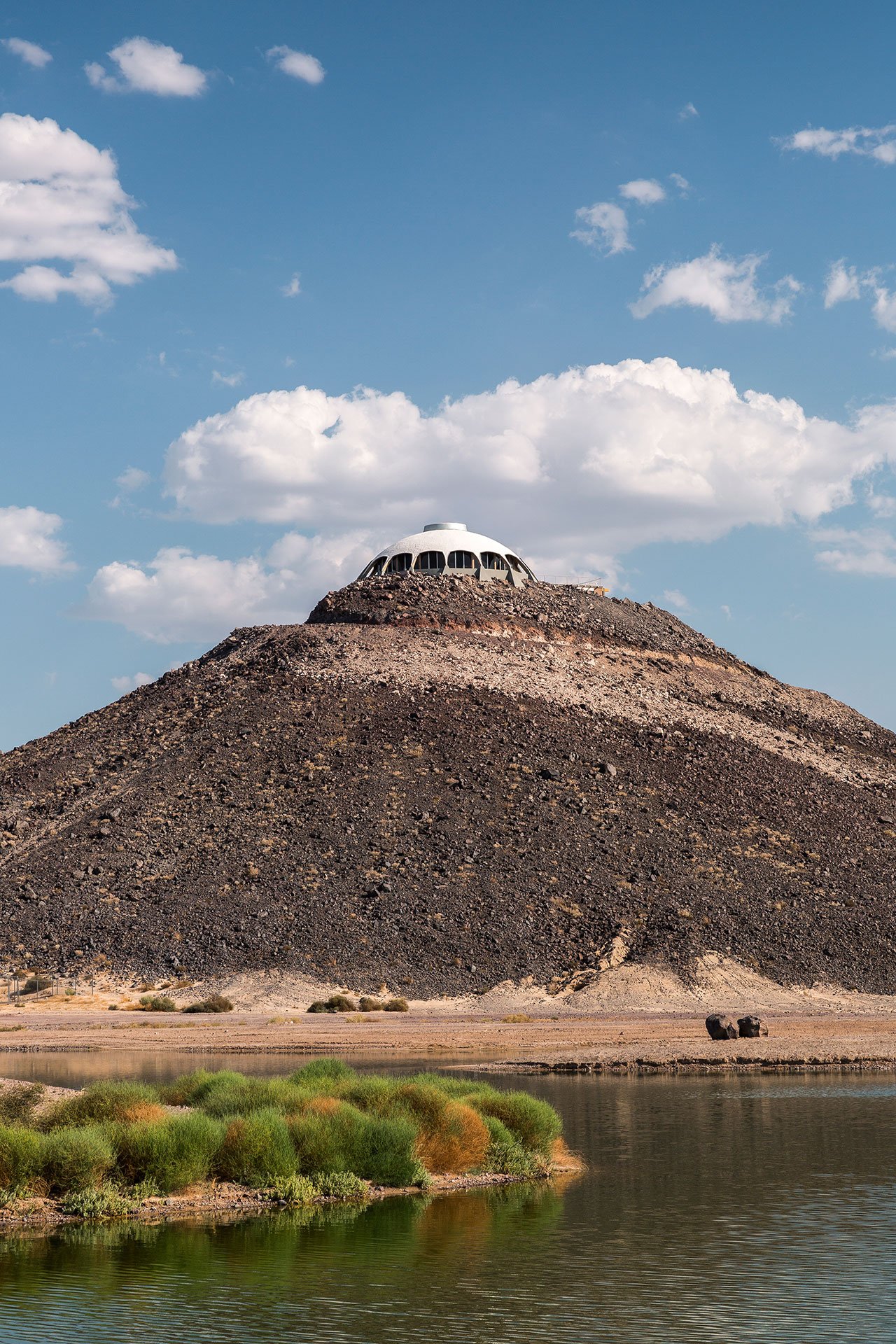
Photo © Lance Gerber.
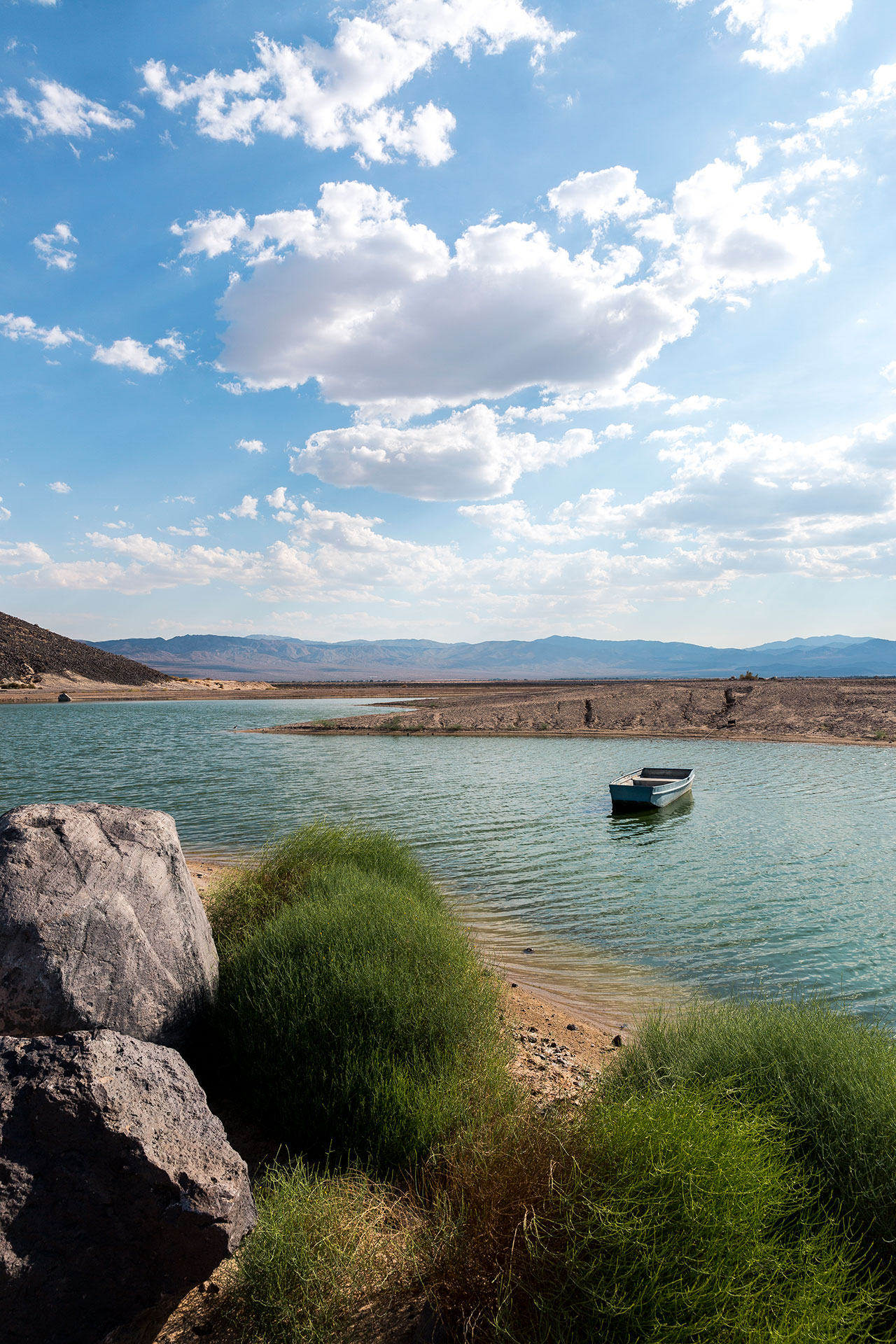
Photo © Lance Gerber.
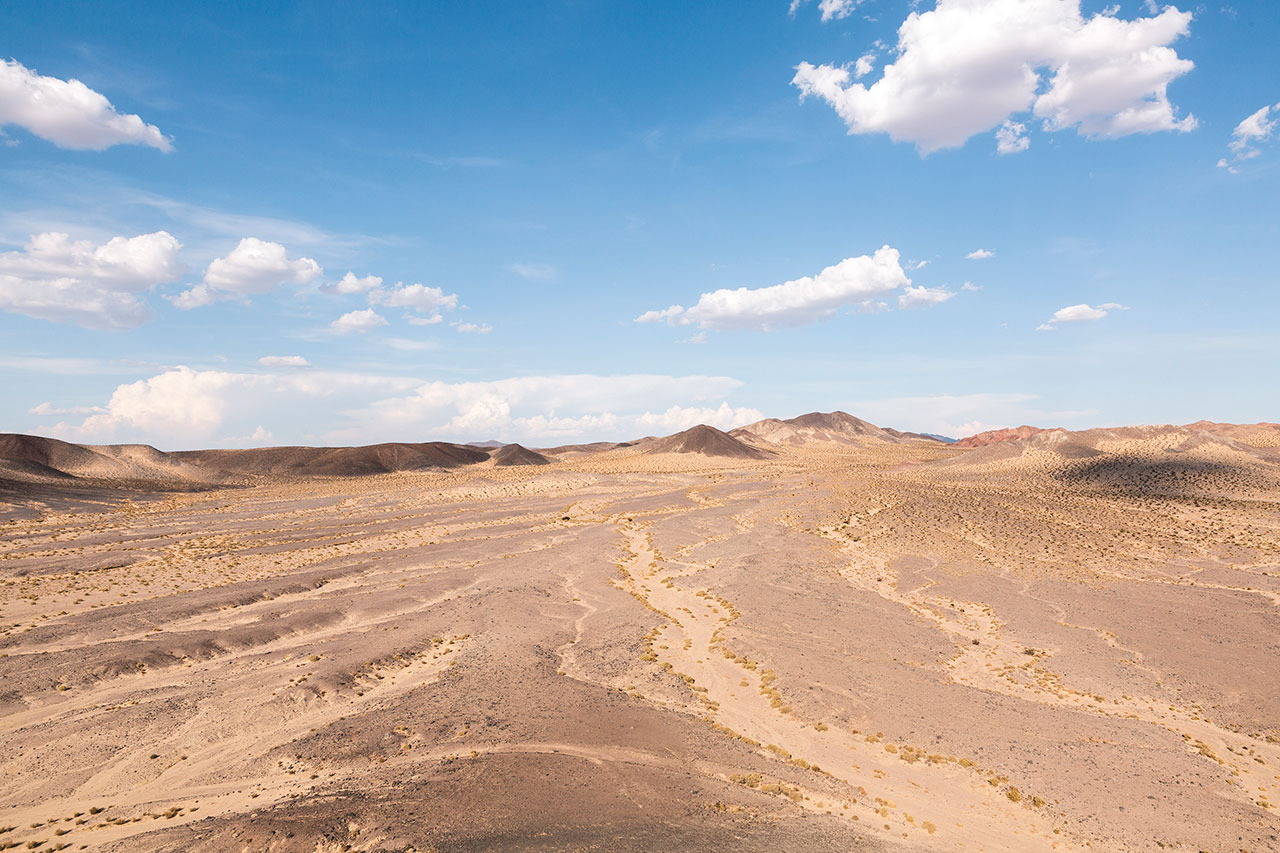
Photo © Lance Gerber.
Gerber’s photographs perfectly capture the structure’s dominion over the surrounding miles of open dessert. Crowning the conical mount in geometrical and proportional precision, the house appears as a cross between an alien temple and a Platonic observatory, its white dome gleaming amidst the coarse earth tones of the Mojave and the bleached blueness of the sky. At night, its illuminated interiors turn it into a beacon, a warm hearth extending its welcome across the inhospitable darkness of the plains below.
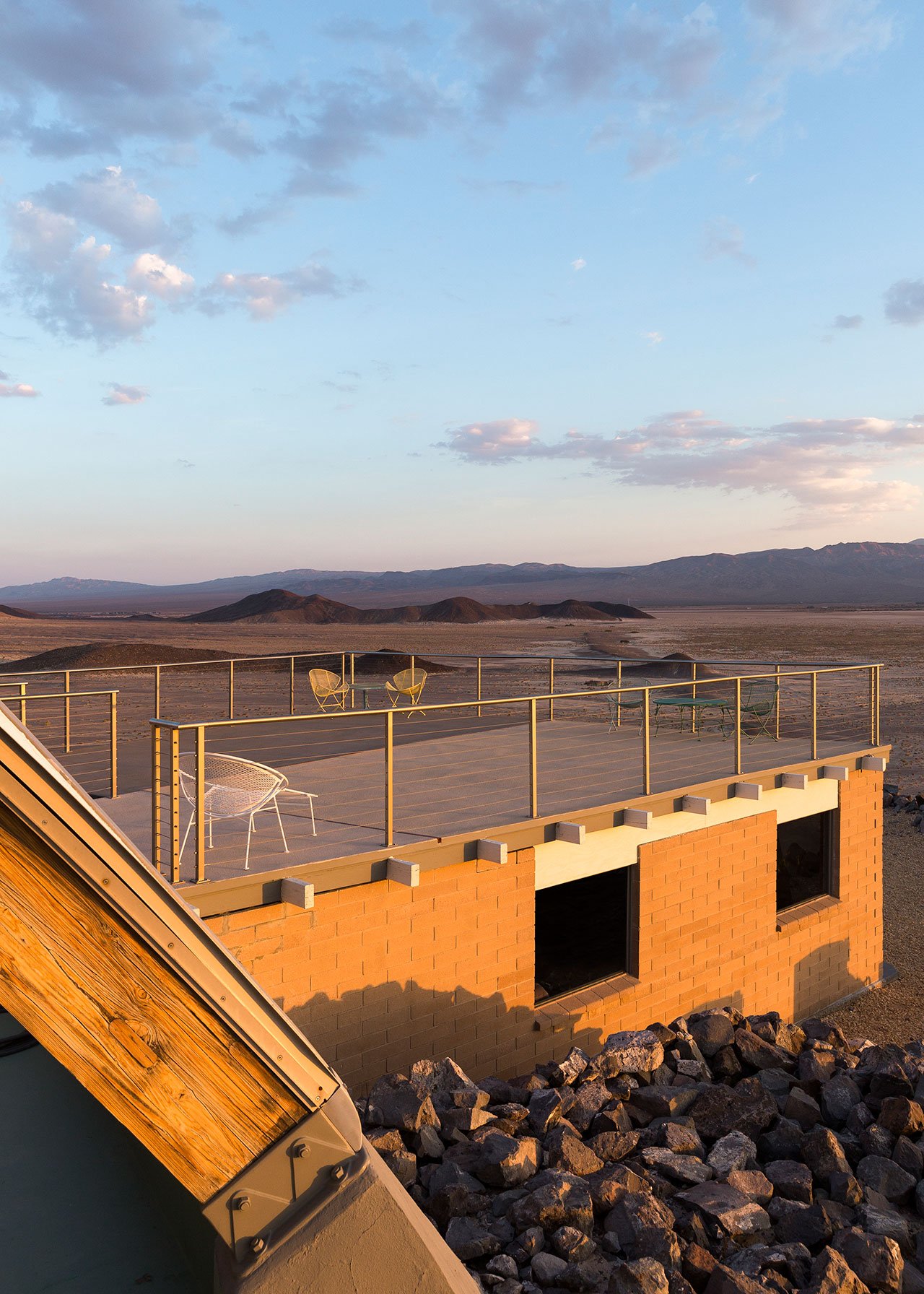
Photo © Lance Gerber.
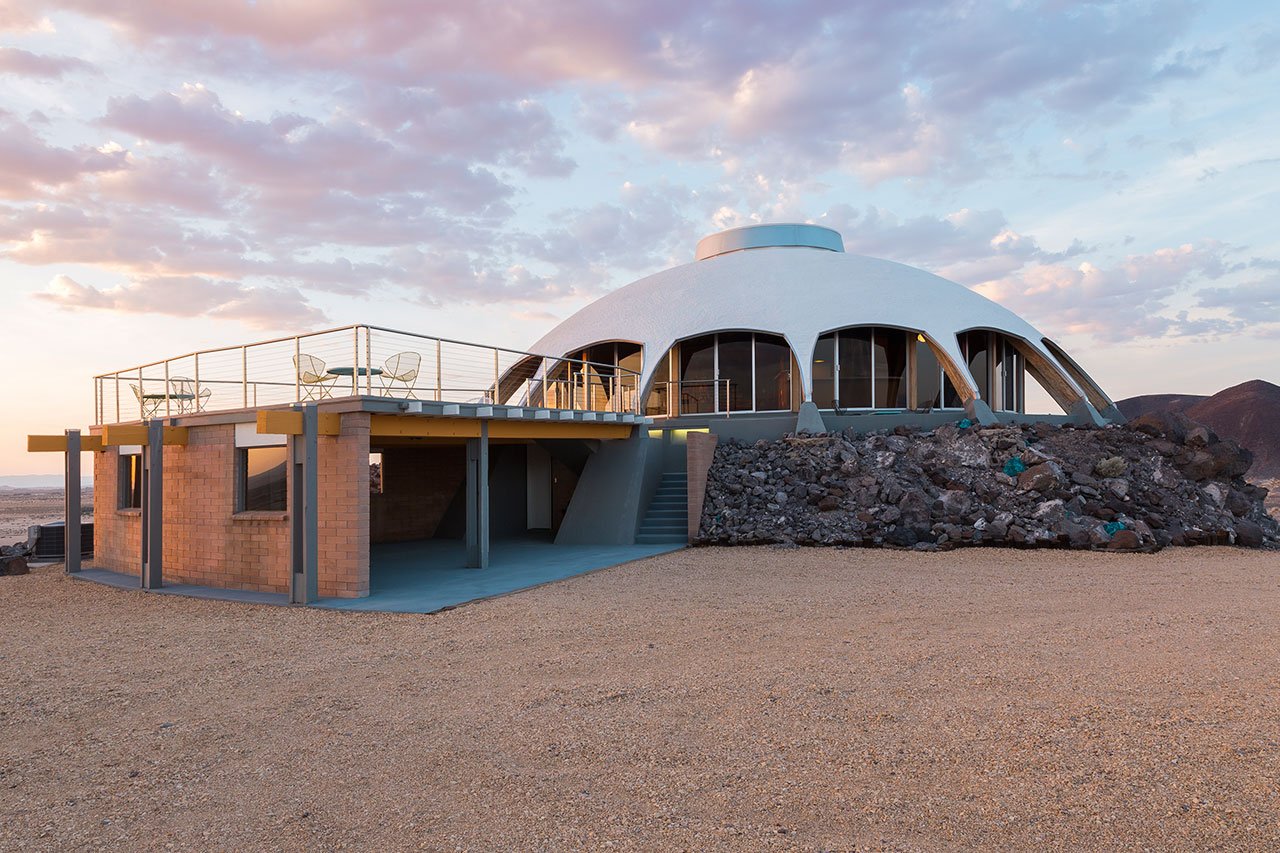
Photo © Lance Gerber.
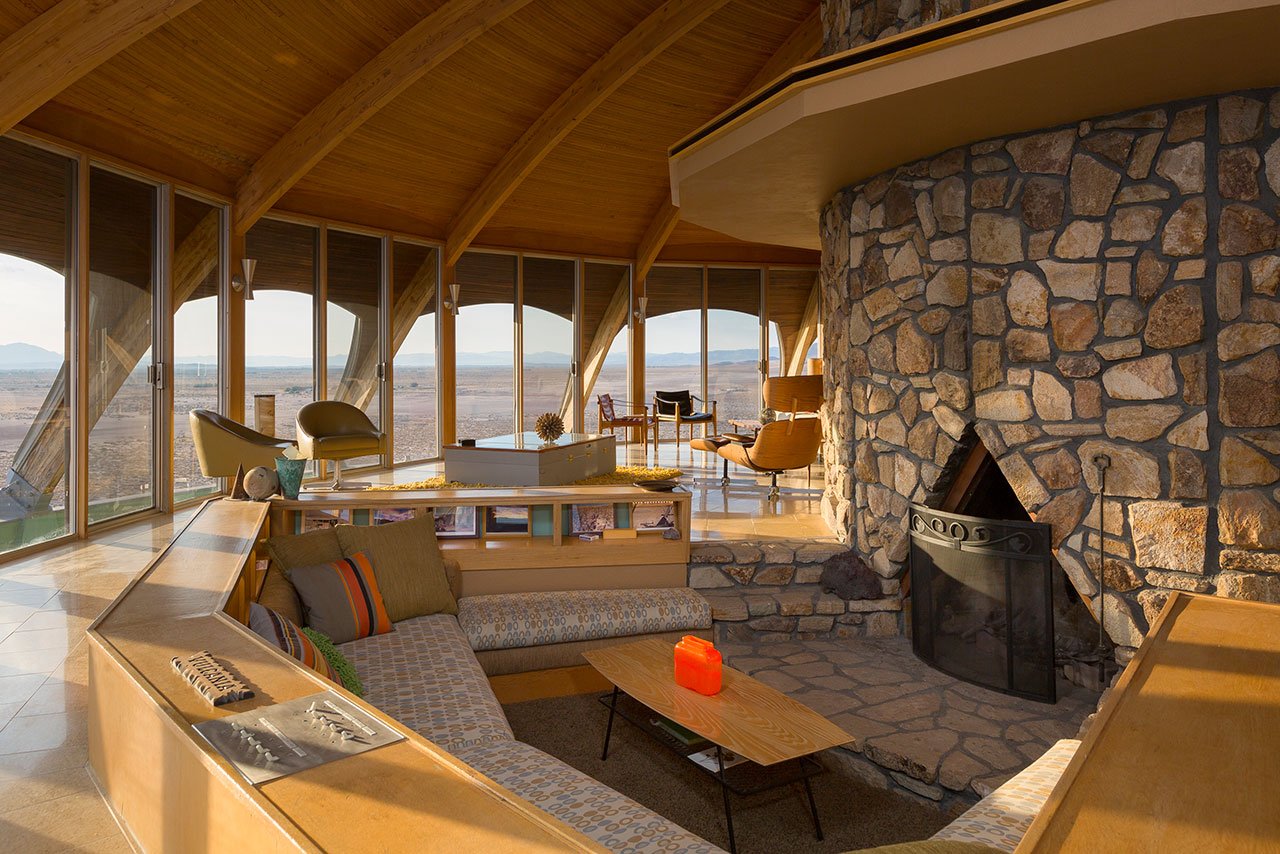
Photo © Lance Gerber.
Photographs of the interiors reveal an open-plan living space around a central core furnished by a trove of mid-century design pieces in mint condition, such as an Eames Lounge Chair and several “bowtie” wall sconces, set against the surrounding landscape that infiltrates the space through the floor-to-ceiling glazing. The desert itself has prevented the 1960's aesthetic from becoming outmoded or quaint by enveloping it in a geological time-capsule where time is no longer measured in days or years but in eons and eras. Set against the arid scrublands that stretch all the way to distant mountain ranges and bathed in the ever changing sunlight that ranges from the sharpness of high noon to the mellowness of dusk, Gerber’s images capture the Volcano House in all its languorous, timeless glory, as both a retreat from the dessert's hostility and an observatory of its wonders.
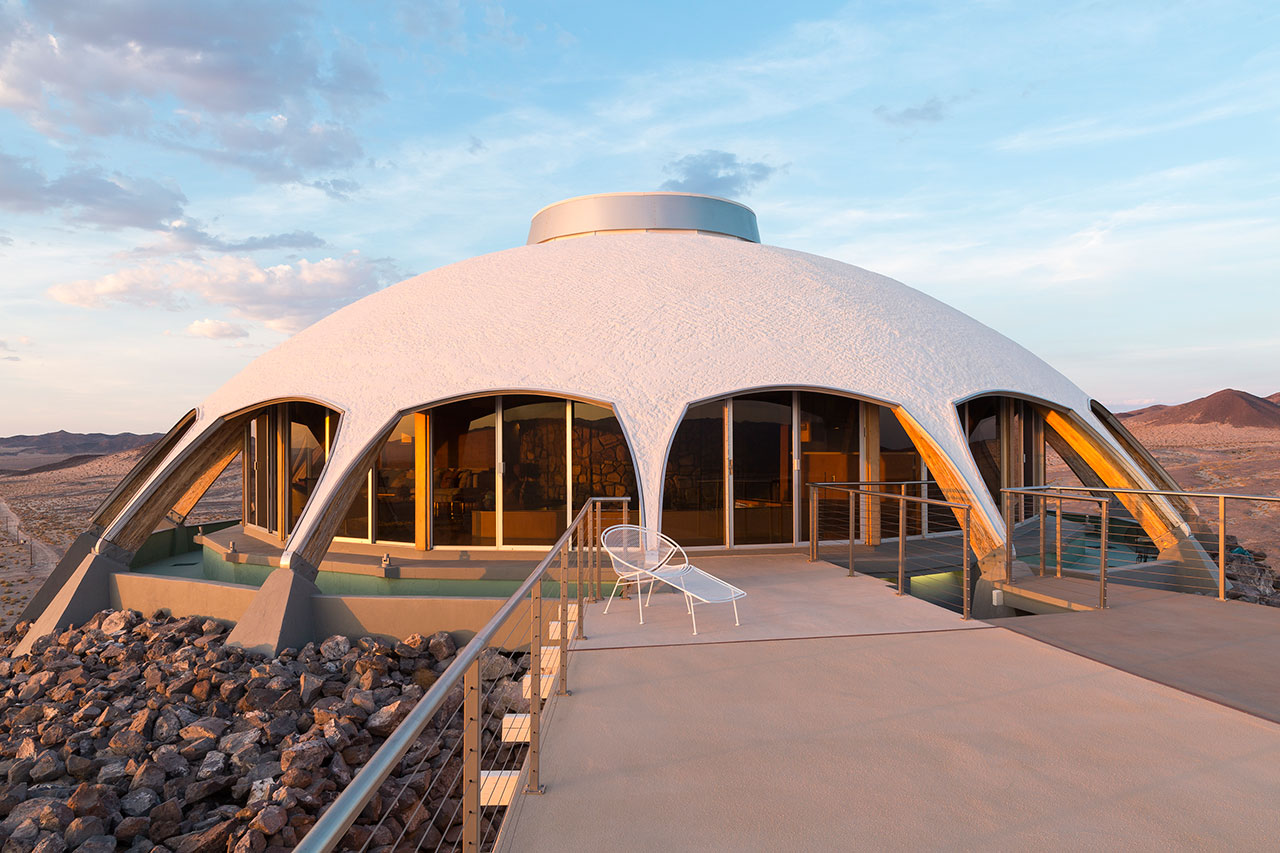
Photo © Lance Gerber.
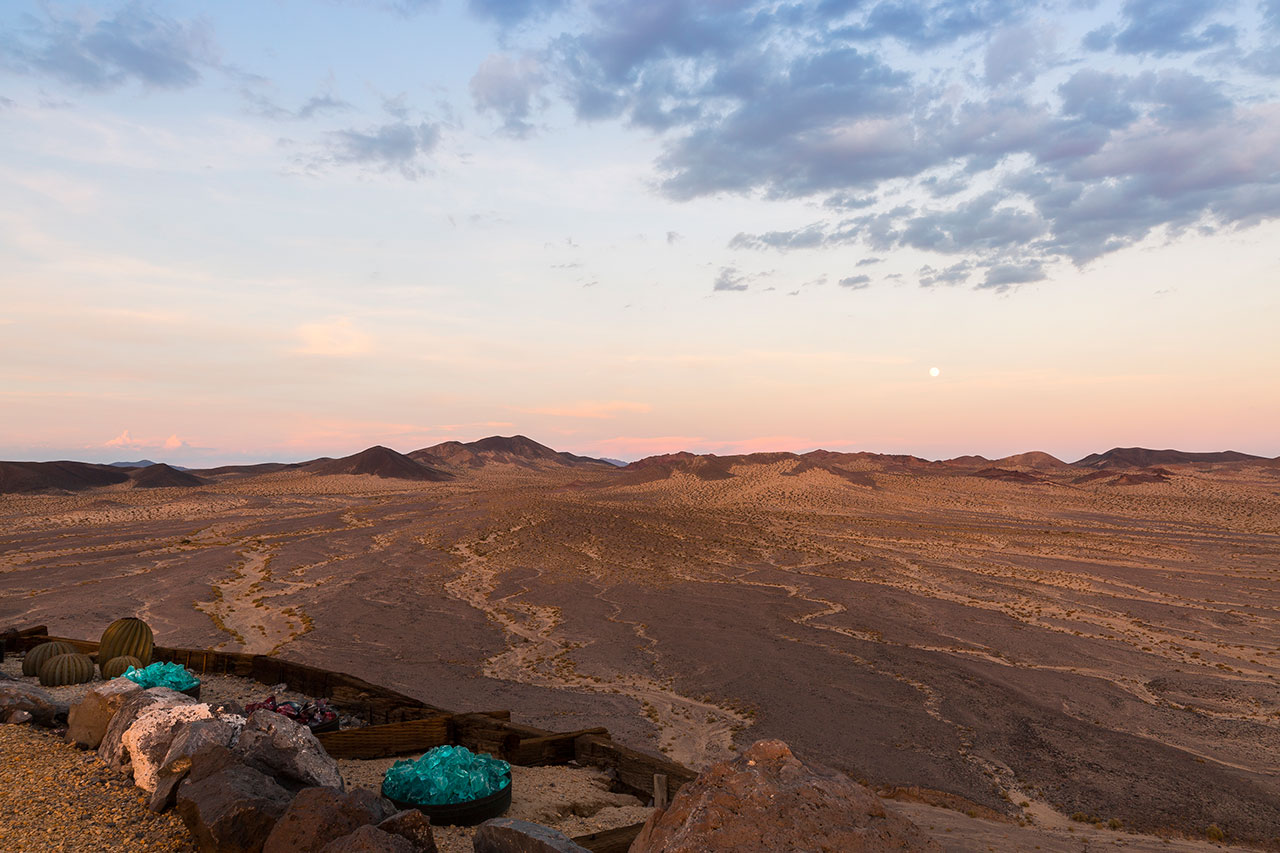
Photo © Lance Gerber.
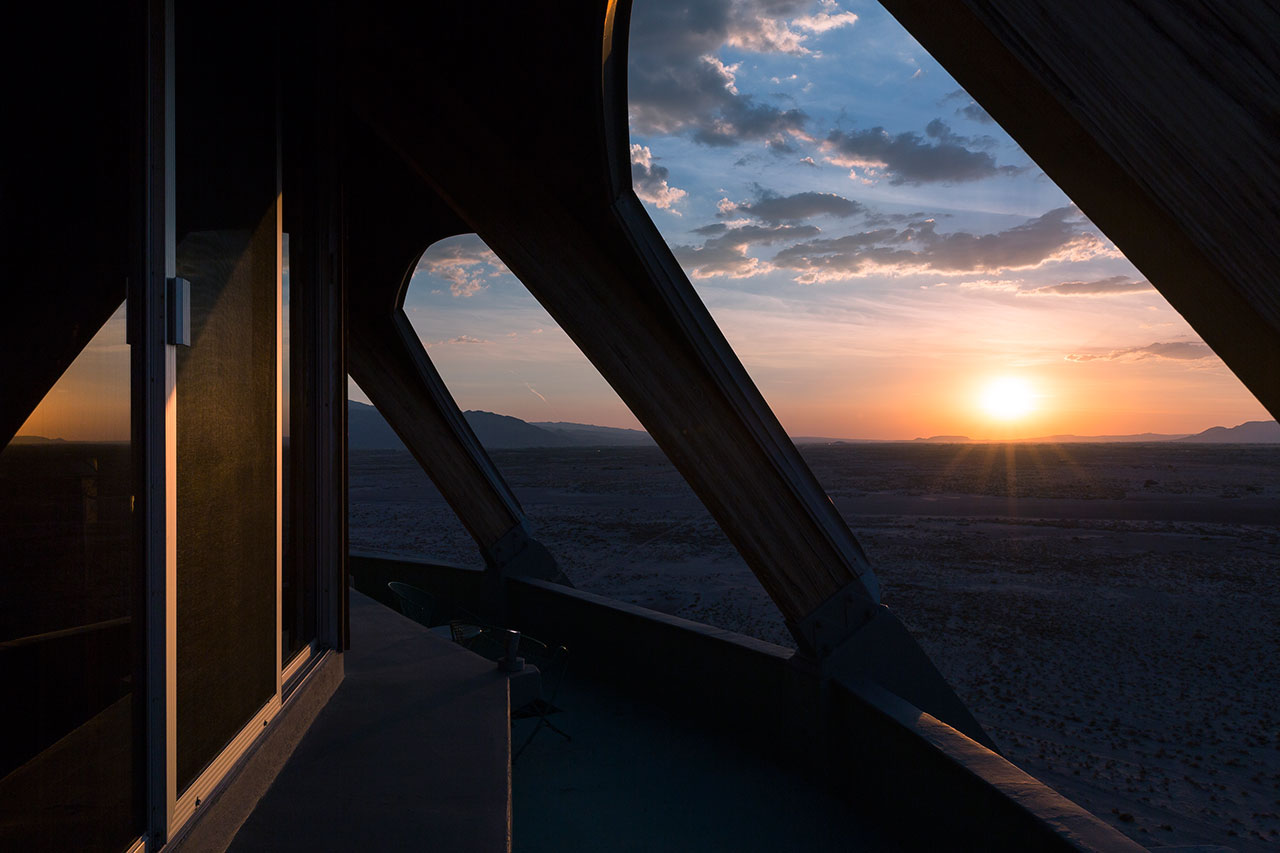
Photo © Lance Gerber.
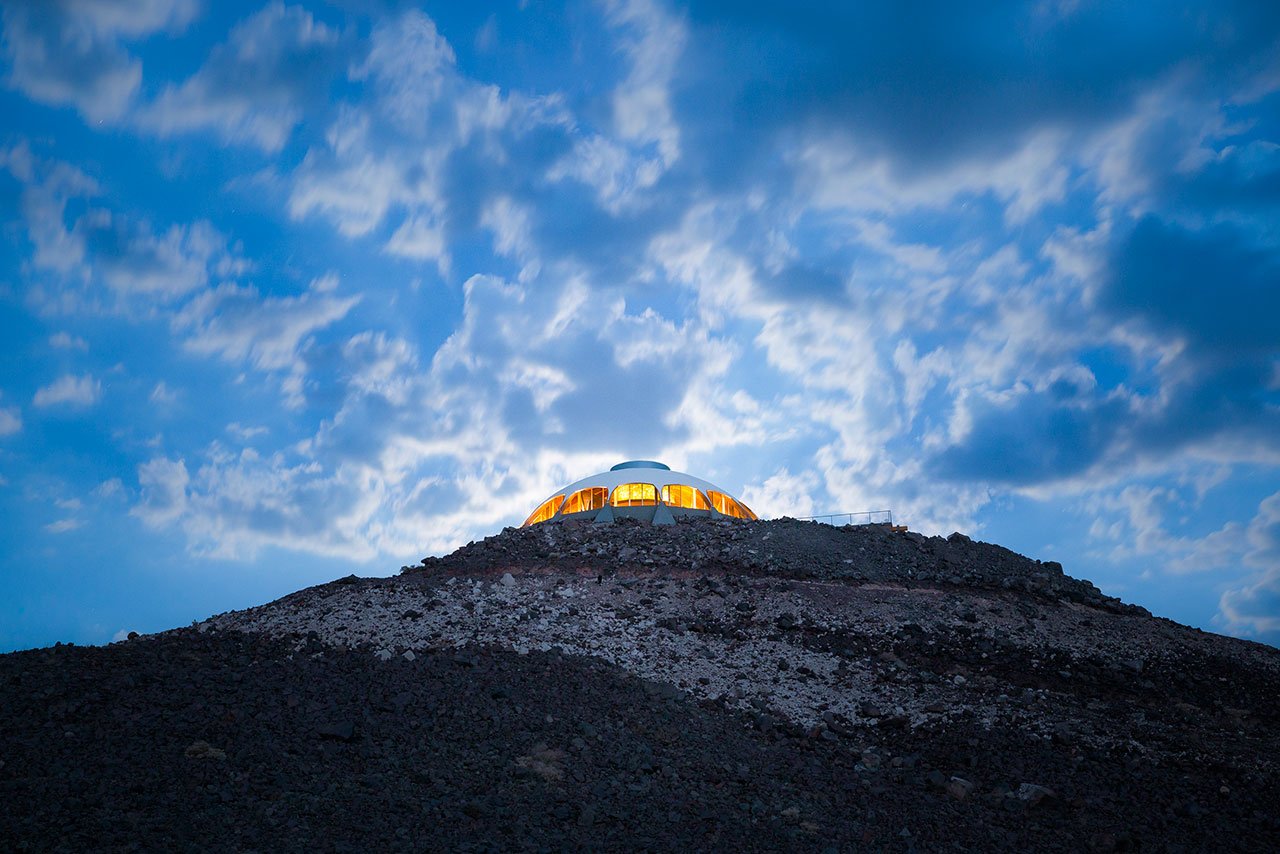
Photo © Lance Gerber.
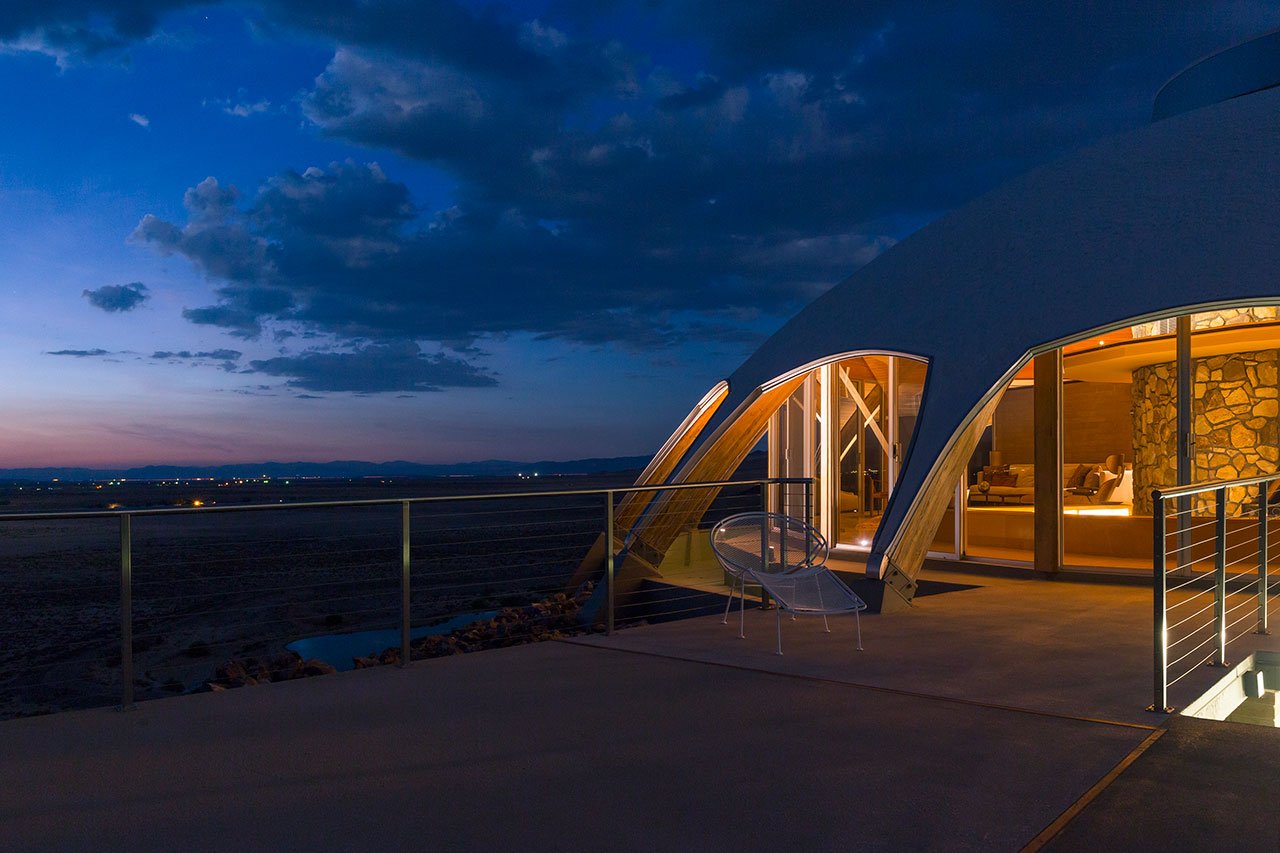
Photo © Lance Gerber.
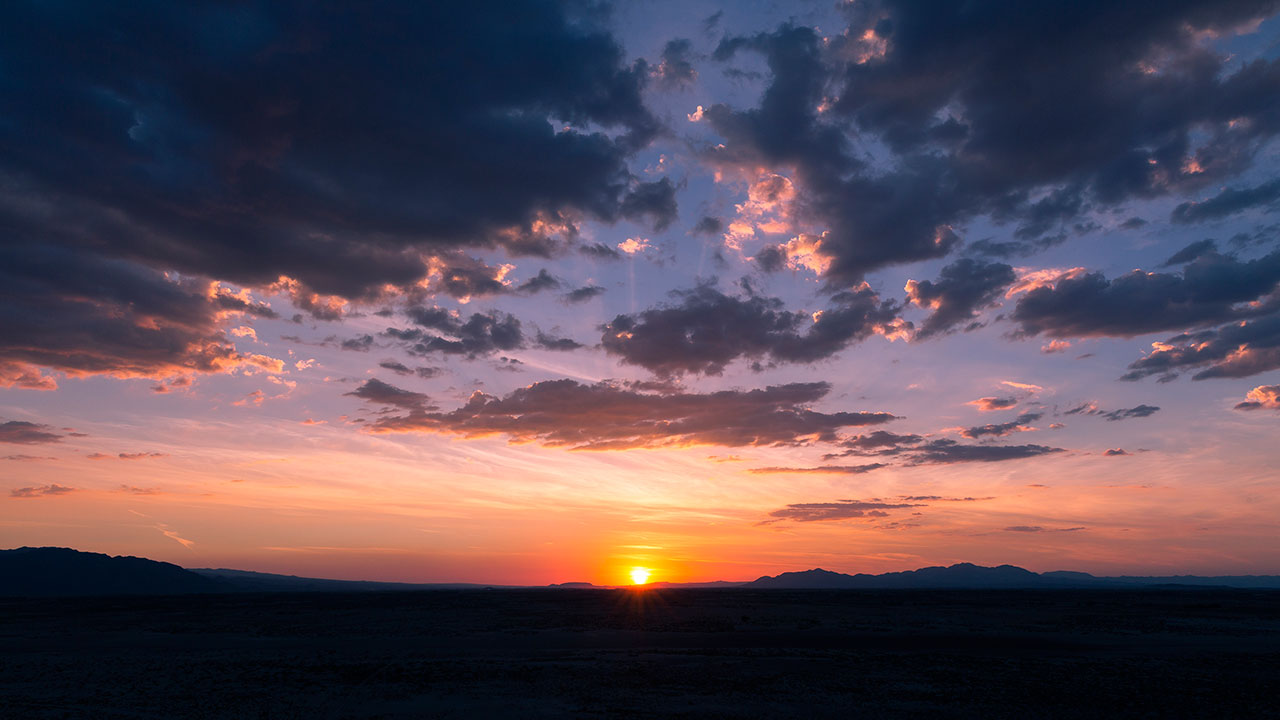
Photo © Lance Gerber.














